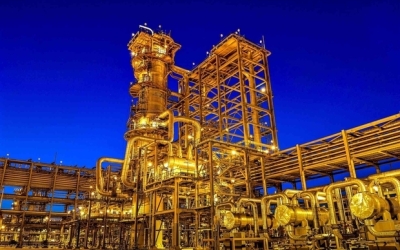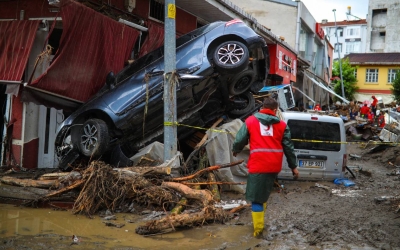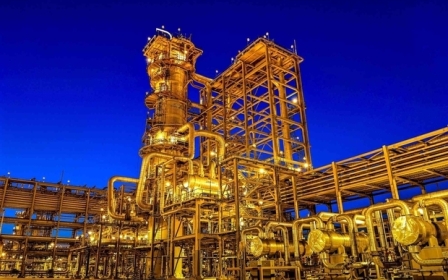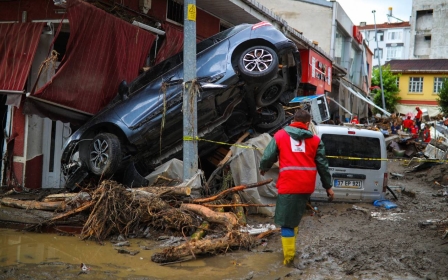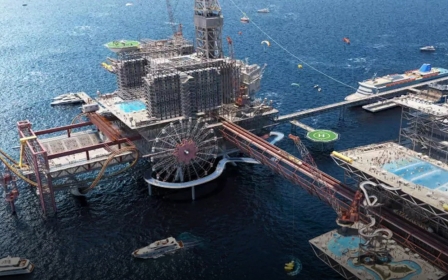Saudi Arabia targets zero carbon emissions by 2060, days after lobbying claims
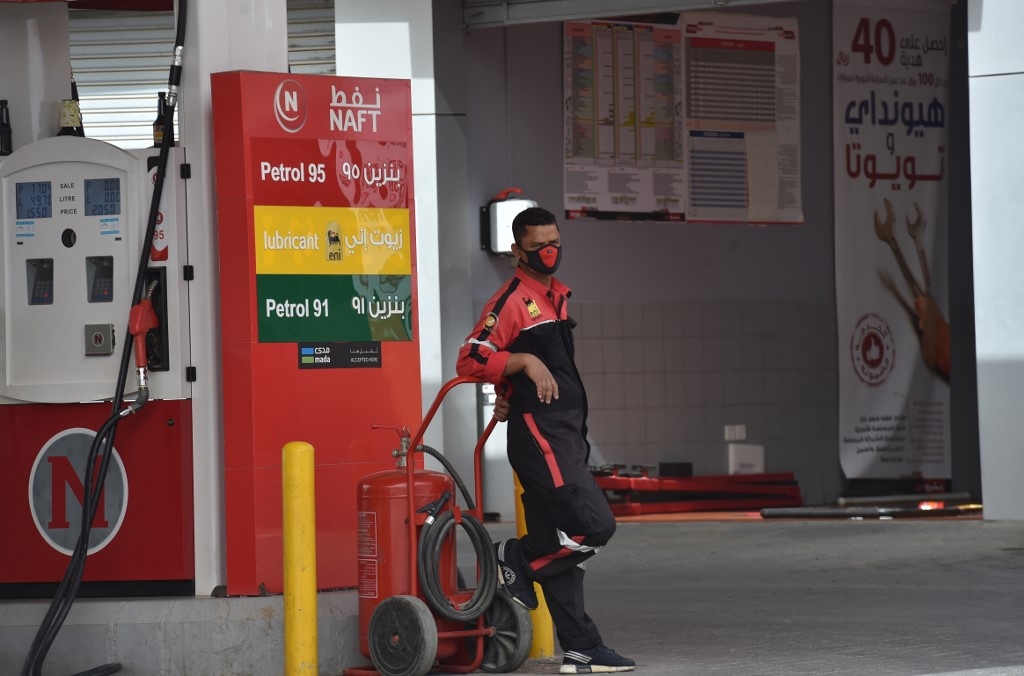
Saudi Arabia will aim to achieve net zero carbon emissions by 2060, its de facto ruler said on Saturday, just days after the kingdom was accused of attempting to put pressure on scientists to water down a key United Nations report into climate change.
Ahead of the start this month of the COP26 global climate summit, the kingdom, one of the world's biggest polluters, said it would also join a global effort to cut methane emissions by 30 percent by 2030.
On Thursday, a leak of documents, seen by the BBC, accused Saudi Arabia, Brazil, Argentina and Australia, among others, of lobbying the UN to play down the need to move rapidly away from fossil fuels.
The UN says more than 130 countries have set, or are considering, a target of reducing greenhouse gas emissions to net zero by 2050, a move it says is "imperative" to safeguard a liveable climate.
"I announce today Saudi Arabia's target to reach net zero emissions by 2060 through its circular carbon economy approach," said Crown Prince Mohammed bin Salman in a recorded statement at the Saudi Green Initiative forum.
"I am pleased to launch initiatives in the energy sector that will reduce carbon emissions by 278 million tonnes annually by 2030, thus voluntarily more than doubling the target announced.
"We also announce the kingdom's accession to the Global Methane Pledge."
A statement said Saudi Arabia would "contribute to cutting global methane emissions by 30 percent by 2030, as part of its commitment to deliver a cleaner, greener future".
The 2060 target would "enable us to have a smooth and viable transition, without risking economic or social impacts," Energy Minister Prince Abdulaziz bin Salman told the conference.
'Comprehensive solution'
Saudi officials have argued the world will continue to need Saudi crude for decades.
"The world cannot operate without hydrocarbon, fossil fuels, renewables, none of these will be the saver, it has to be a comprehensive solution," the energy minister said.
"We need to be inclusive and inclusivity requires being open to accept others efforts as long as they are going to reduce emissions," he said, adding that the kingdom's young generation "will not wait for us to change their future".
He said net zero might be achieved before 2060 but the kingdom needed time to do things "properly".
Earlier this month, fellow Gulf Opec producer the United Arab Emirates announced a plan for net zero emissions by 2050.
The chief executive of UAE oil firm Adnoc, Sultan al-Jaber, stressed the importance of investment in hydrocarbons, saying the world had "sleepwalked" into a supply crunch and that climate action should not be an economic burden on developing nations.
'One-way ticket for disaster'
On Friday, UN chief Antonio Guterres said the current climate situation was "a one-way ticket for disaster," stressing the need to "avoid a failure" at the COP26 summit in Glasgow.
Held between 31 October and 12 November, the gathering in the Scottish city is seen as a crucial step in setting worldwide emission targets to slow global warming.
In March, Saudi Arabia unveiled a sweeping campaign to tackle climate change and reduce carbon emissions, including a plan to plant billions of trees in the coming decades.
The country, the kingpin of the Opec oil-producing group of countries, aims to reduce emissions by generating half of its energy from renewables by 2030, Prince Mohammed said at the time.
Saudi Arabia currently draws on oil and natural gas to meet its own fast-growing power demand and desalinate its water, which consumes huge quantities of oil daily.
The initiatives come as energy giant Saudi Aramco, the kingdom's cash cow, faces scrutiny from investors over its emissions.
In January, Bloomberg News reported that the company excluded emissions generated from many of its refineries and petrochemical plants in its overall carbon disclosures to investors.
It added that if those facilities are included, the company's self-reported carbon footprint could nearly double, adding as much as 55 million tonnes of carbon dioxide equivalent to its annual tally, roughly the emissions produced by Portugal.
Climate Action Tracker gives Saudi Arabia the lowest possible ranking of "critically insufficient".
Middle East Eye delivers independent and unrivalled coverage and analysis of the Middle East, North Africa and beyond. To learn more about republishing this content and the associated fees, please fill out this form. More about MEE can be found here.


